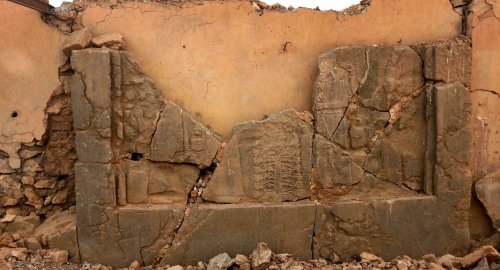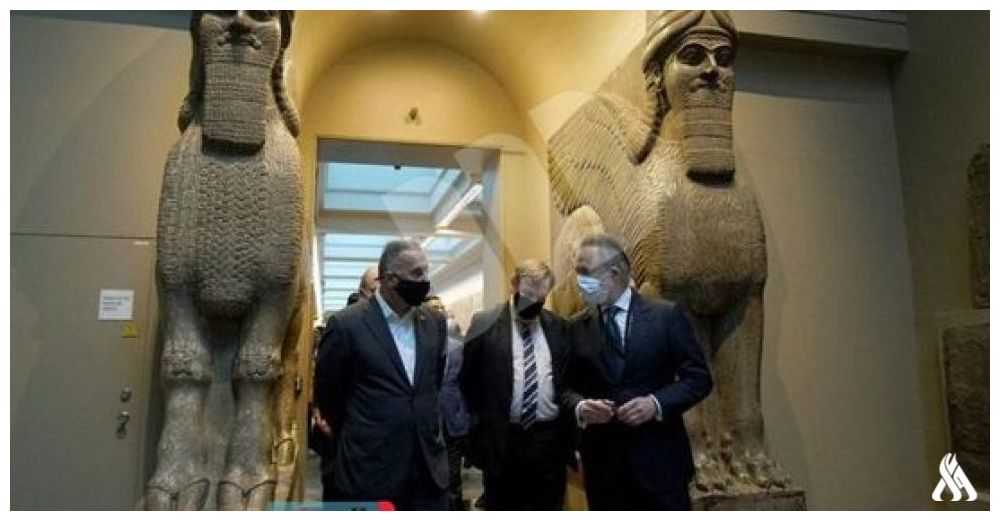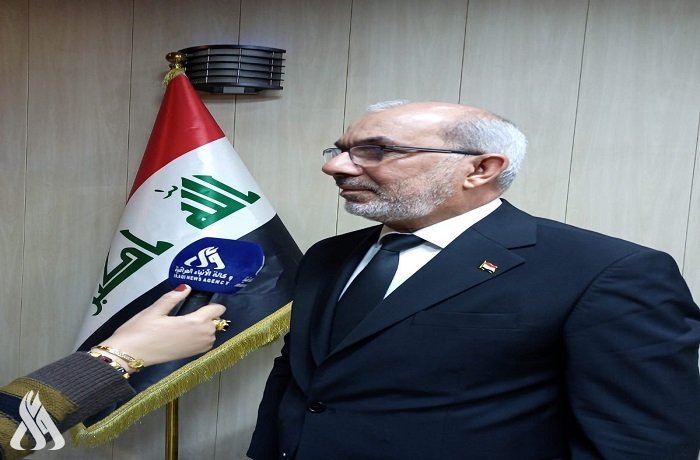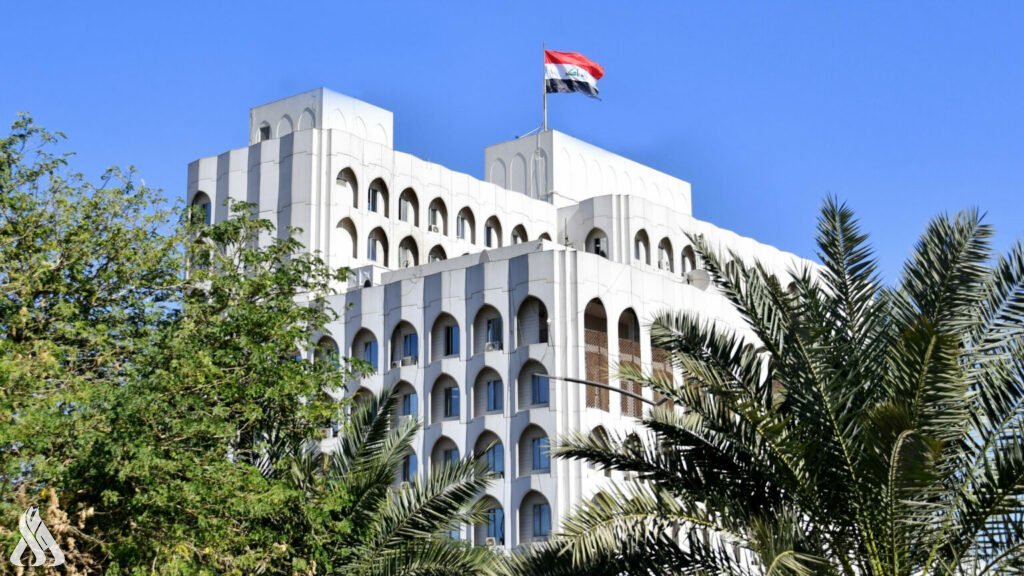
Sales of Iraqi “treasures” of Sumer and Babylon on the Internet

- 23-08-2021, 19:19
INA – SOURCES
Hundreds of dollars are enough to buy a Sumerian clay tablet dating back to three thousand years BC, through the “Live Auctions” site, and the tablet has found its way to Britain, reaching the homes of collectors quite simply, promoting the smuggling and trade of Iraqi antiquities that are already flourishing, due to the lack of protection of archaeological sites and corruption.
The director at Timetable Auctions, where the piece is auctioned for about $600, confirms that it was “the property of a master from West Sussex in the UK”, and was “part of another set of plates that belonged to a master from London before 1992.” He says his organization “recognizes that the problem of contraband is a reality.”
There are countless pieces of artifacts smuggled from thousands of insufficiently protected archaeological sites, in a country that has suffered decades of sieges and wars, and faces challenges of corruption and the dominance of armed groups, while “there are no statistics on the number of smuggled antiquities” from Iraq, according to the director of the Iraqi Antiquities and Heritage Authority, Laith Majid, that “smuggling does not only include pieces that were stolen from museums, but also from random excavations of archaeological sites.”
A guard of an archaeological site in southern Iraq, where the Sumerian and Babylonian civilizations flourished, and who has been working in this profession for twenty years, tells how he found himself in the crossfire of smugglers who did not care about his presence in the place, who are undoubtedly part of “large and organized networks for smuggling antiquities in Iraq,” as an expert explains An Iraqi follower of the case preferred to remain anonymous.
The excavation operations are concentrated in Kut, Samawah and Nasiriyah in the south, where there are countless sites that lack adequate security, and from there the pieces go to Amarah to the west, “the antiquities smuggling center”, according to the Iraqi expert, or in areas to the south of Amarah in the marshes.
Those lost sites in the desert, some of which are known but neglected, such as the site of Tel al-Ubaid in Dhi Qar, which experts say was the first place of human settlement in southern Iraq, 8 thousand years ago, and paved the way for the emergence of the first Sumerian cities, and others that are not excavated and that it is difficult to count, But it is the main source of smuggling for decades, according to the Western expert.
“In Dhi Qar, which contains thousands of unexcavated sites, we suffer from a small number of guards and poor wages,” said Sajjad Abdul Hassan, director of the Nasiriyah Civilization Museum in southern Iraq.
Smuggling in Iraq, which has vast and extensive borders with Iran, Syria, Turkey, Jordan and Saudi Arabia, fuels organized crime networks, according to a source close to the government who preferred to remain anonymous, in a country that suffers from unarmed weapons and the dominance of armed groups, to the extent that “the theft of antiquities has become part of Corruption system in the country,” according to the Iraqi expert.
The antiquities then enter the border with Iran “to cross the sea to the Gulf countries”, according to the Iraqi expert’s assessment.
The remote archaeological sites contain small artifacts, but perhaps also valuable treasures such as the “Dream of Gilgamesh” tablet, which will soon return to Iraq.
It is noteworthy that the same gangs that work in drug and beauty smuggling are also involved in smuggling antiquities, according to the Iraqi expert.
As for ISIS, it destroyed archaeological sites of great importance in the north of the country, such as the monuments of Nimrud, “but it also organized smuggling, allowing it to collect resources, but that affected the Syrian side more,” according to the Western expert.
The value of revenues collected by the organization from “trading in antiquities, or imposing taxes on smugglers in the territories under its control, is estimated at twenty million dollars, out of their total revenues estimated at 2.3 to 2.68 billion in 2015, according to a report by the “Global Initiative against Crime” organization” in 2020.
Iraq is working to restore the antiquities of the countries scattered around the world, as is the case with the 17 thousand pieces that were returned from the United States recently, but that effort is not enough, according to the source close to the government, who sees that the problem “is in the neighboring countries” and the crossing, while “ The state is already weak and the effects are not a priority for it.”
Prime Minister and Allawi discuss regional developments
- politics
- 09:15
Al-Sistani: Tomorrow, the 29th of Ramadan
- Local
- 08:53
Fire breaks out at Disney's Epcot theme park as huge plume of smoke rises over resort
- International
- 25/03/23












